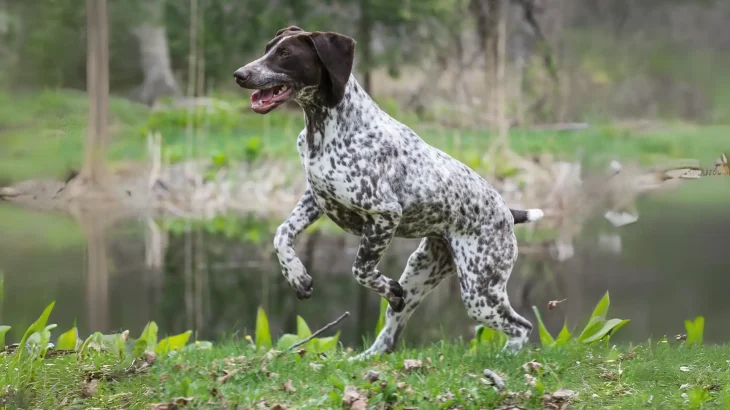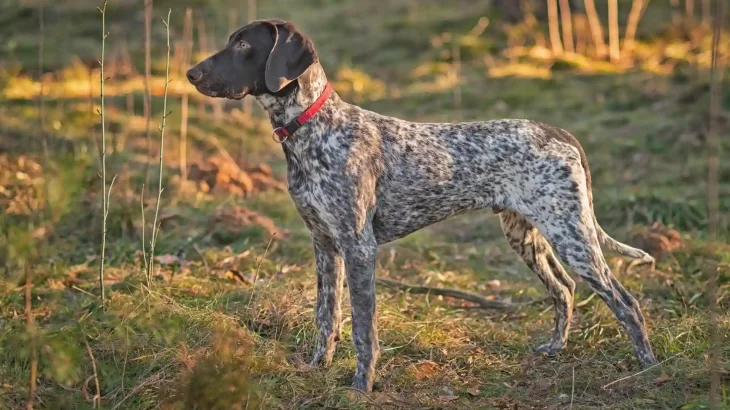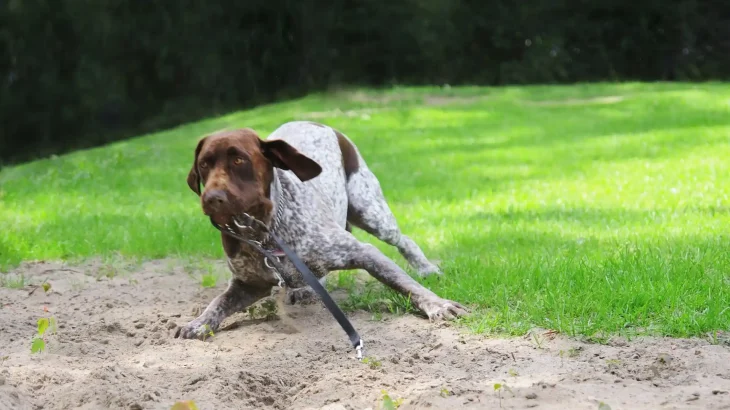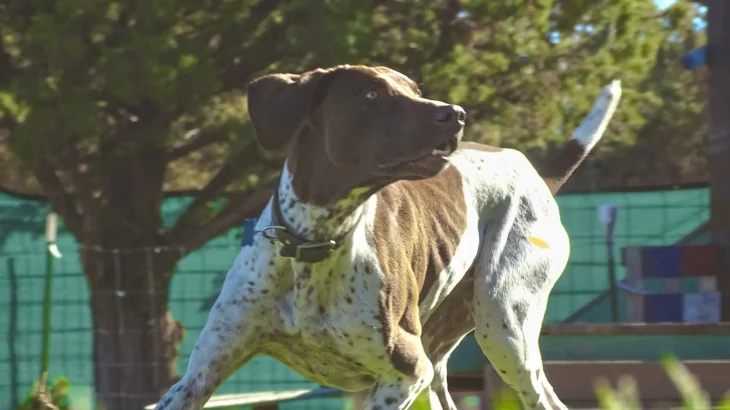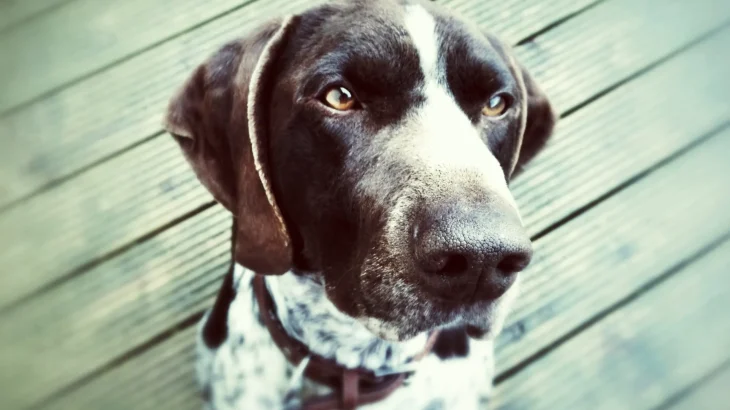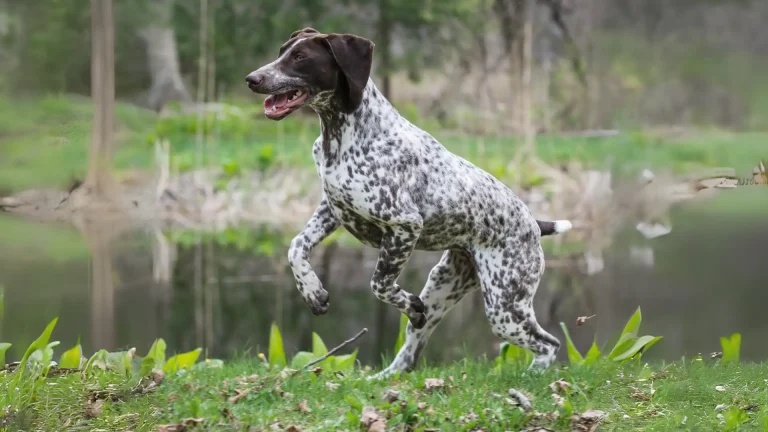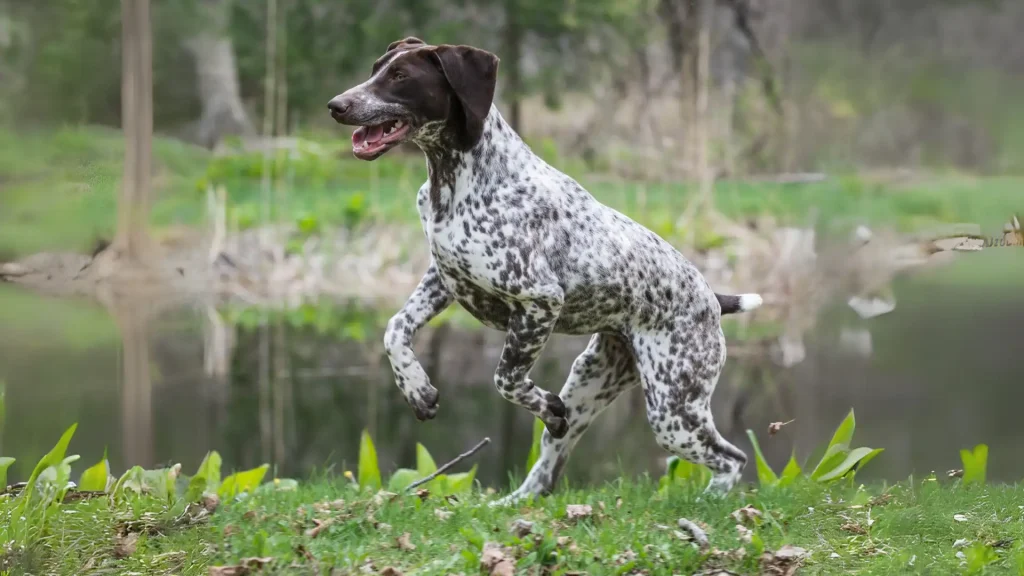When deciding to bring a Pointer puppy into your home, you might weigh the benefits of adopting versus purchasing from a breeder. Adoption offers the chance to provide a home for a dog in need, while purchasing typically gives more predictability about the puppy's lineage and health background.
Adoption vs. Breeder: Pros & Cons
| Criteria | Buying from Breeder | Adopting from Shelter/Rescue |
|---|---|---|
| Cost | Generally higher, reflecting pedigree and breeder expenses. | Usually lower adoption fees, often including basic care and vaccinations. |
| Health History | Comprehensive health screening and genetic history available. | Health history may be limited or unknown; shelters provide basic medical assessment. |
| Age Availability | Mostly puppies, enabling early bonding and training. | Range of ages, including older dogs that might already be trained. |
| Temperament Insight | Breeders can share lineage temperament traits and socialization details. | Shelter staff can provide behavior observations but less background knowledge. |
| Supporting Practices | Supports responsible breeding programs when breeders follow ethics. | Supports animal welfare by rescuing dogs needing homes. |
| Ethical Considerations | Important to ensure breeder is reputable and ethical in practices. | Often seen as a more ethical choice by giving a home to a dog in need. |

